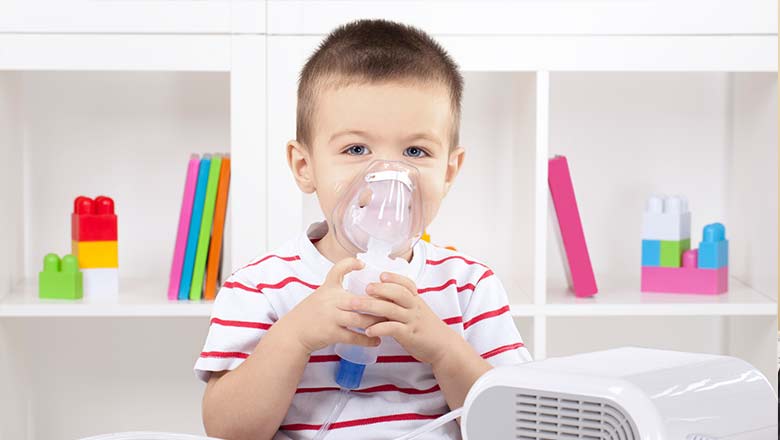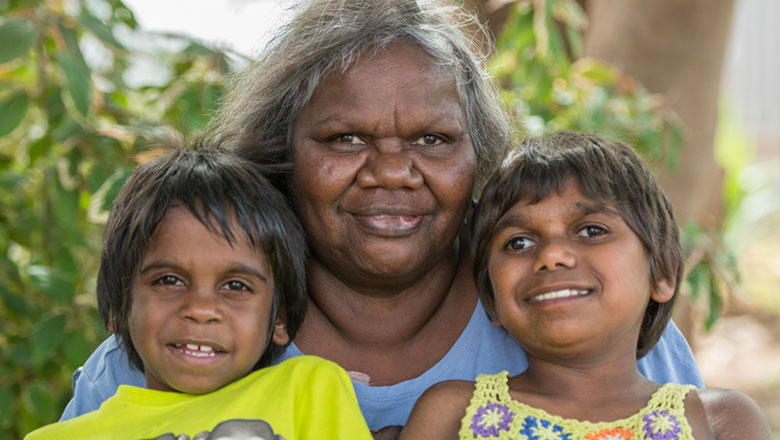Search
Showing results for "Au"
Research
Reproducible Bioinformatics Analysis Workflows for Detecting IGH Gene Fusions in B-Cell Acute Lymphoblastic Leukaemia PatientsB-cell acute lymphoblastic leukaemia (B-ALL) is characterised by diverse genomic alterations, the most frequent being gene fusions detected via transcriptomic analysis (mRNA-seq). Due to its hypervariable nature, gene fusions involving the Immunoglobulin Heavy Chain (IGH) locus can be difficult to detect with standard gene fusion calling algorithms and significant computational resources and analysis times are required. We aimed to optimize a gene fusion calling workflow to achieve best-case sensitivity for IGH gene fusion detection.
Research
Mental ill-health and substance use among sexuality diverse adolescents: The critical role of school climate and teacher self-efficacyMental ill-health, substance use and their co-occurrence among sexuality diverse young people during earlier adolescence is relatively understudied. The preventive utility of positive school climate for sexuality diverse adolescents' mental health is also unclear, as well as the role of teachers in conferring this benefit.
Research
Determining the true incidence of seasonal respiratory syncytial virus-confirmed hospitalizations in preterm and term infants in Western AustraliaRespiratory syncytial virus contributes to significant global infant morbidity and mortality. We applied a previously developed statistical prediction model incorporating pre-pandemic RSV testing data and hospital admission data to estimate infant RSV-hospitalizations by birth month and prematurity, focused on infants aged <1 year.
Research
The type II RAF inhibitor tovorafenib in relapsed/refractory pediatric low-grade glioma: the phase 2 FIREFLY-1 trialBRAF genomic alterations are the most common oncogenic drivers in pediatric low-grade glioma.
Research
A multi-institutional retrospective pooled outcome analysis of molecularly annotated pediatric supratentorial ZFTA-fused ependymomaZFTA-RELA (formerly known as c11orf-RELA) fused supratentorial ependymoma has been recognized as a novel entity in the 2016 WHO classification of CNS tumors and further defined in the recent 2021 edition.
Research
The Founder - Dispositional Greed, Showbiz, and the Commercial Determinants of HealthMarketing unhealthy products by multinational corporations has caused considerable harm to individual health, collective wellbeing, and environmental sustainability. This is a growing threat to all societies and a significant contributor to the rising global burden of non-communicable diseases and early mortality.

News & Events
The Kids Research Institute Australia researcher awarded prestigious Eureka prizeA The Kids Research Institute Australia researcher who is part of an international research project working to understand how our genes keep us healthy has been awarded an Au

News & Events
Funding boost to improve anaesthesia safety for kids with asthmaTelethon Kids Institute and the PMH Anaesthesia Research Team will work to improve the safety for young children with asthma undergoing general anaesthesia.

News & Events
Exploring resilience as a pathway to Aboriginal young people's healthCan resilience improve health outcomes in Aboriginal young people? That question will be explored by The Kids Research Institute Australia researcher Clair Scrine.
News & Events
Older maternal age linked to mental health symptoms in daughtersResearchers at The Kids Research Institute Australia have found daughters born to older mothers have higher rates of some mental health problems.
